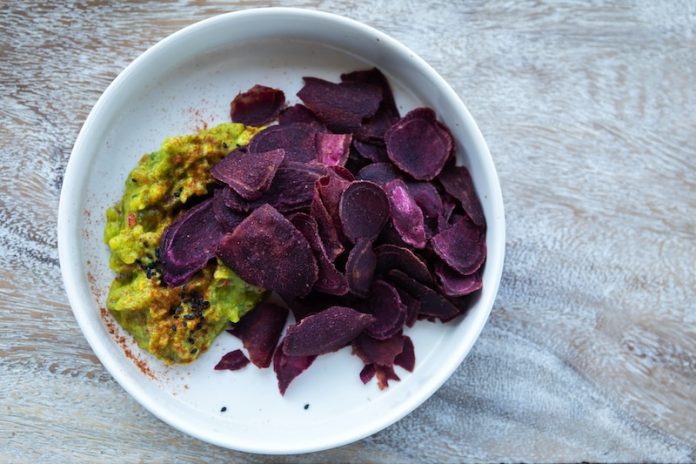
Most Americans aren’t eating enough fiber, even though it’s crucial for gut health. Fiber supplements can help, but they often have side effects like bloating and gas.
Two studies from the University of Illinois have explored how to increase fiber in foods and beverages without causing digestive discomfort.
The first study looked at non-digestible carbohydrates (NDCs), which our bodies can’t break down. These include various types of dietary fibers.
For something to be considered a dietary fiber by the FDA, it must have health benefits, like helping with digestion or aiding in calcium absorption.
The daily recommended fiber intake is 14 grams per 1,000 calories, which totals 28 grams for a standard 2,000-calorie diet. Sadly, very few Americans meet this goal – only about 10% of women and 3% of men.
Researchers reviewed over 100 clinical trials to understand how much fiber from different sources people can tolerate without discomfort. They found that tolerance levels vary significantly based on the type of fiber and how it’s consumed.
For example, tolerance could be as low as 4 grams for alginate (from brown algae) to as high as 25 grams for soy fiber. It also depends on individual differences, particularly the gut microbiota, which is the community of microbes living in our intestines.
The second study suggests new ways to design studies and measure human tolerance to NDCs. This includes daily and weekly questionnaires, which they’ve made available online for other researchers.
These methods will help in developing fiber-rich foods, making it easier to compare different types of fibers.
Understanding human tolerance to dietary fibers is key in creating foods that can increase fiber intake without causing discomfort. This research is part of a broader field of nutrition studies, exploring how different foods and nutrients affect our health.
For instance, whole grain foods might extend lifespan, vitamin D could significantly reduce cancer deaths, certain plant nutrients might lower high blood pressure, and flavonoid-rich foods could improve survival in Parkinson’s disease.
This research, led by Annemarie Mysonhimer and published in Advances in Nutrition, is crucial in our understanding of how to better integrate essential dietary components like fiber into our daily diets, ensuring better gut health and overall wellness.
Follow us on Twitter for more articles about this topic.
Copyright © 2023 Scientific Diet. All rights reserved.





